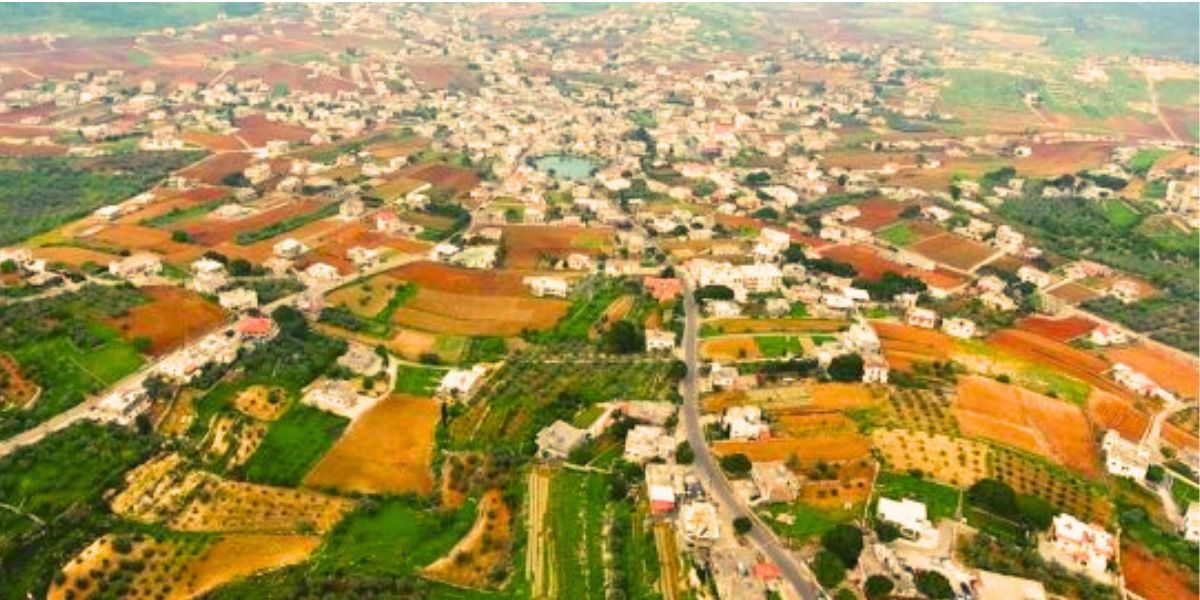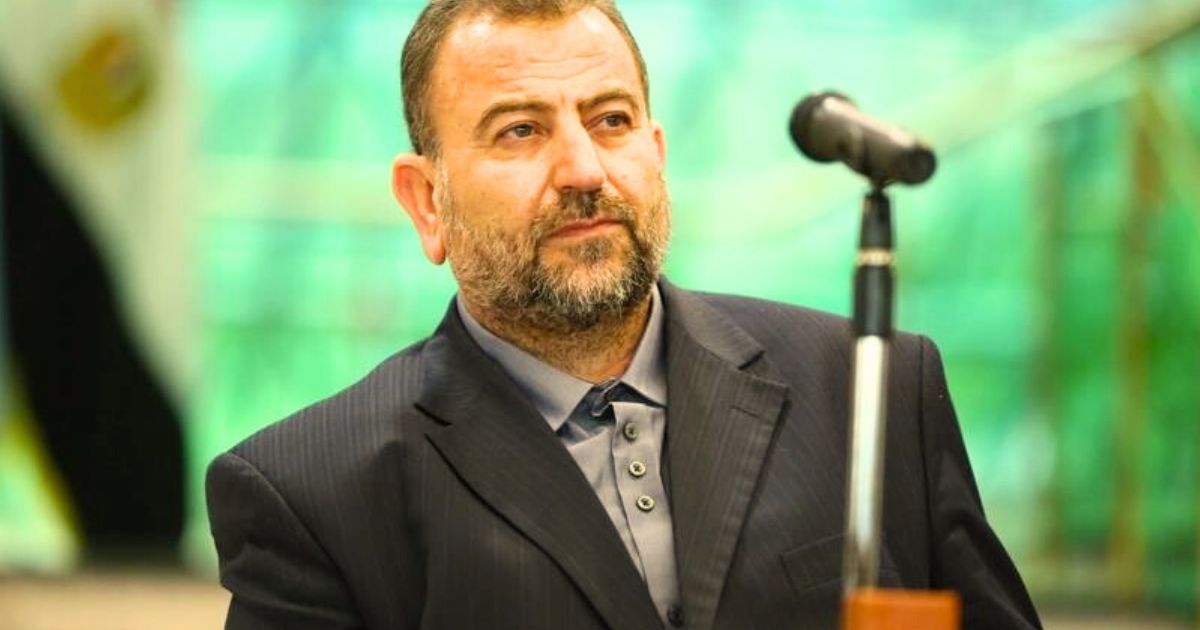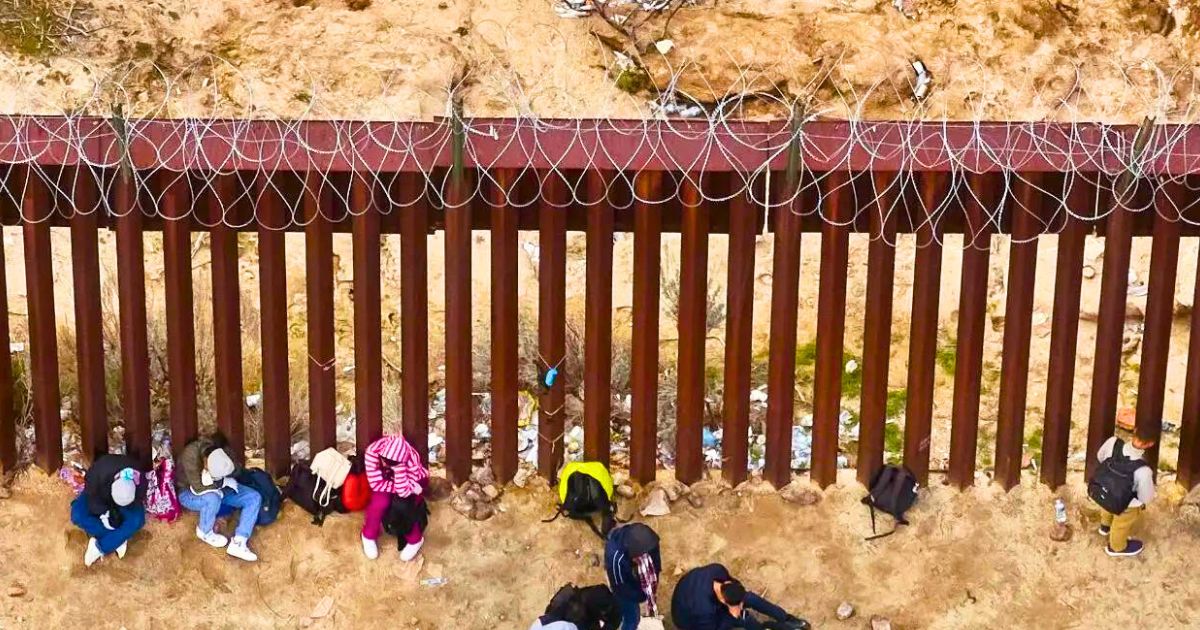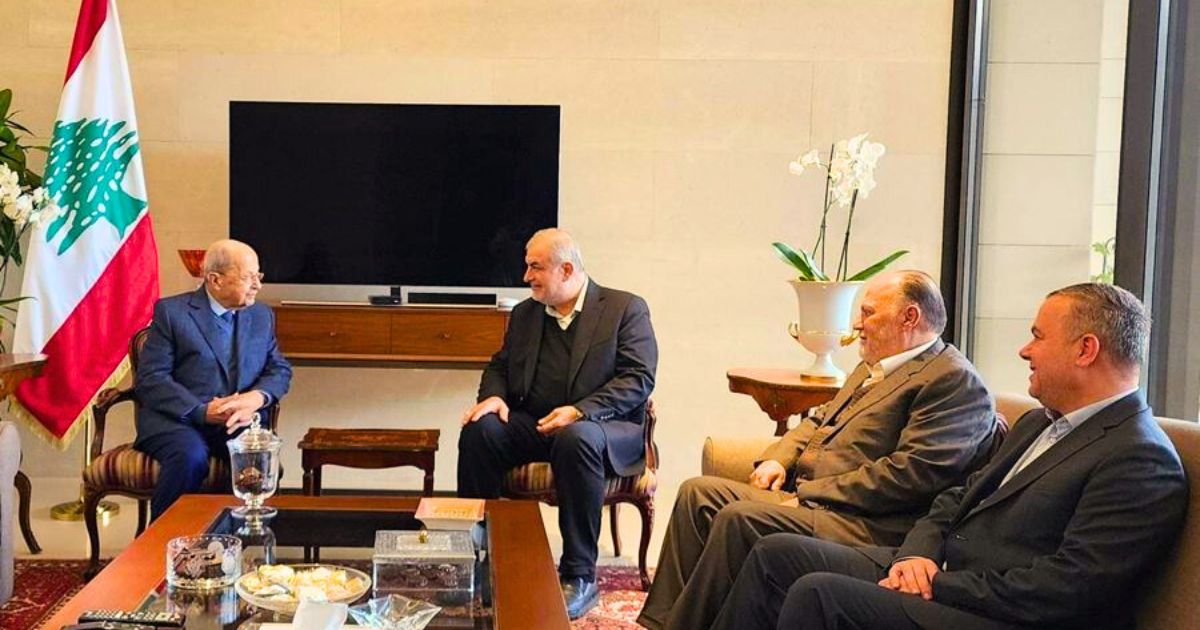The former Lebanese Minister of Information, George Kordahi, has returned to the scene after he made statements, two weeks ago, controversially claiming that the Arab Gulf states had not provided aid to his country for ten years, which sparked a wave of anger on social media.
In videos circulating on social media, Kordahi said in an interview on the “Min al-Akher” program broadcast on the Iraqi “I News” channel: “Our Gulf brothers say we will leave Lebanon, they left Lebanon a long time ago.”
Regarding the provision of aid, Kordahi said that no one has given “a drop of water” to Lebanon in all the crises that it has gone through.
The country has been going through crises for ten years in terms of fuel such as gasoline and diesel, and, according to him, no one has sent the Lebanese a tanker to make them feel warm.
The Hezbollah-backed former Information Minister seemed truly unaware of all the support the Arab Gulf States have given Lebanon during its crises in past and recent years.
The Arab Gulf countries had provided a large number of dollars to Lebanon on several occasions, perhaps the most prominent of which was their crucial aid in the reconstruction of the massive destruction that Israel had inflicted on Lebanon in 2006.
During the pandemic and in the aftermath of the tragic Beirut port explosion in 2020, the Arab Gulf states provided much-needed support to Lebanon, as well as aid to the people via NGOs.
Saudi Arabia was among the very first countries to dispatch tonnes of aid.
That’s in addition to the procedures they took with France to gather humanitarian funds for the development and stability of Lebanon.
Just this week, Qatar donated its 11th supply of food to the Lebanese Army, amounting to 70 tonnes, in addition to the field hospitals and medical equipment it had provided after the Beirut Blast.

It is not the first time that Kordahi raises diplomatic tension between Lebanon and a number of Gulf countries. Last October, he criticized the war in Yemen, describing it as the result of “aggression” by Saudi Arabia and the United Arab Emirates.
His statements at that time led to Saudi Arabia, the UAE, Bahrain, and Kuwait withdrawing their ambassadors from Lebanon and expelling some of Lebanon’s ambassadors from abroad.
Saudi Arabia also banned Lebanon’s imports, which badly impacted the already-crippled economy and the agriculture businesses that heavily rely on these imports.
The Lebanese government repeatedly announced back then its rejection of Kordahi’s statements, where the PM Najib Mikati called him more than once to give priority to the national interest.
However, Kordahi, supported by Hezbollah, refused to apologize and resign in order to end the crisis. He eventually resigned under intense pressure.
The detrimental crisis, which he had created with his previous statement, did not deter him this time from publicly offending the Arab Gulf states once again.

















